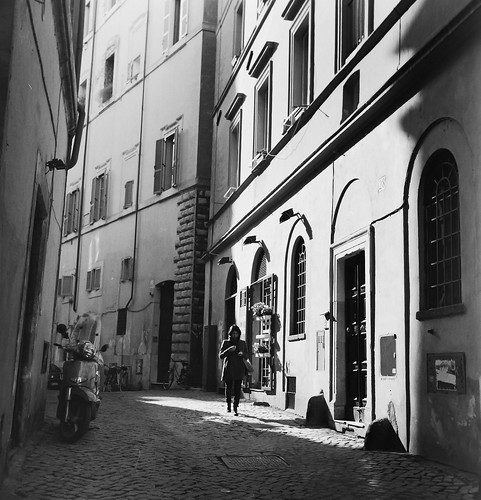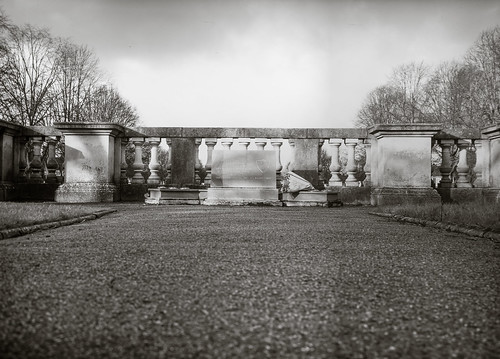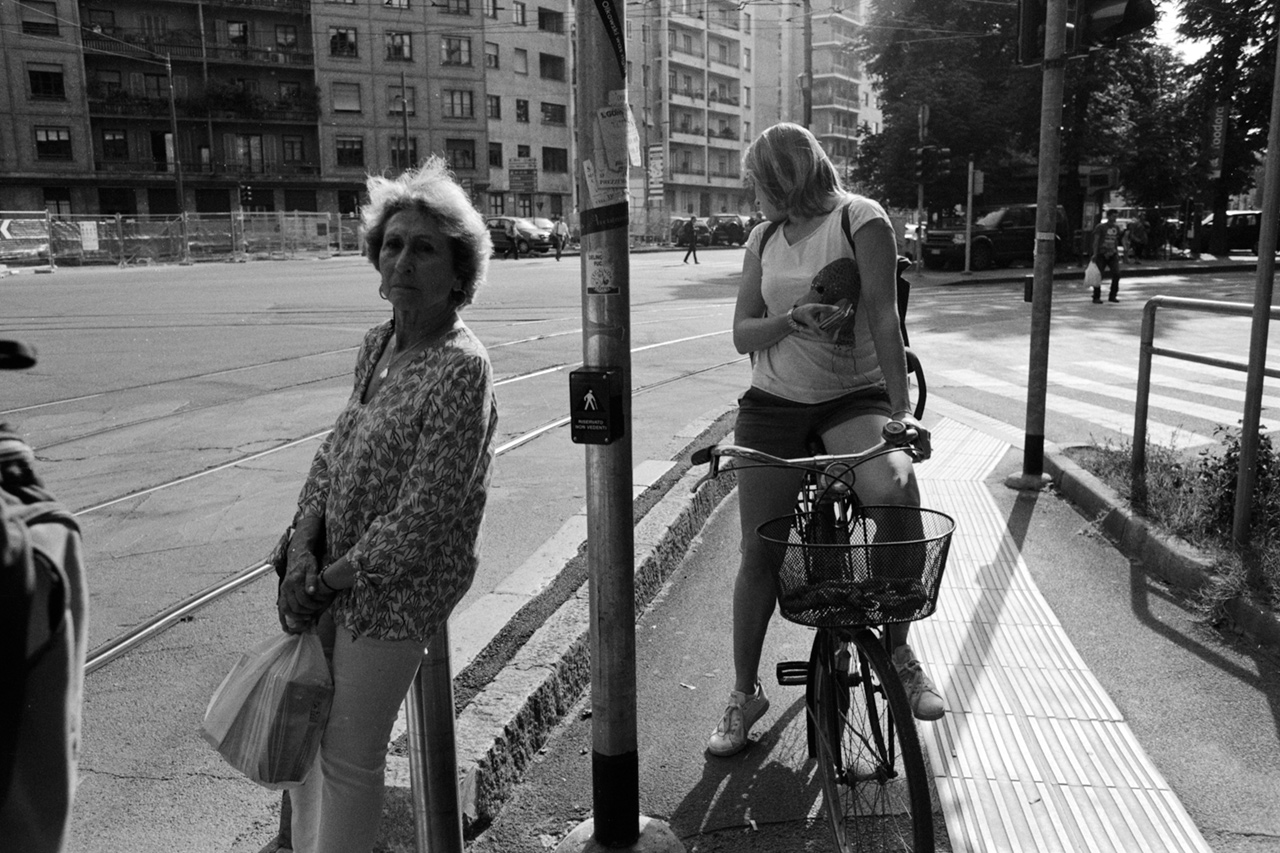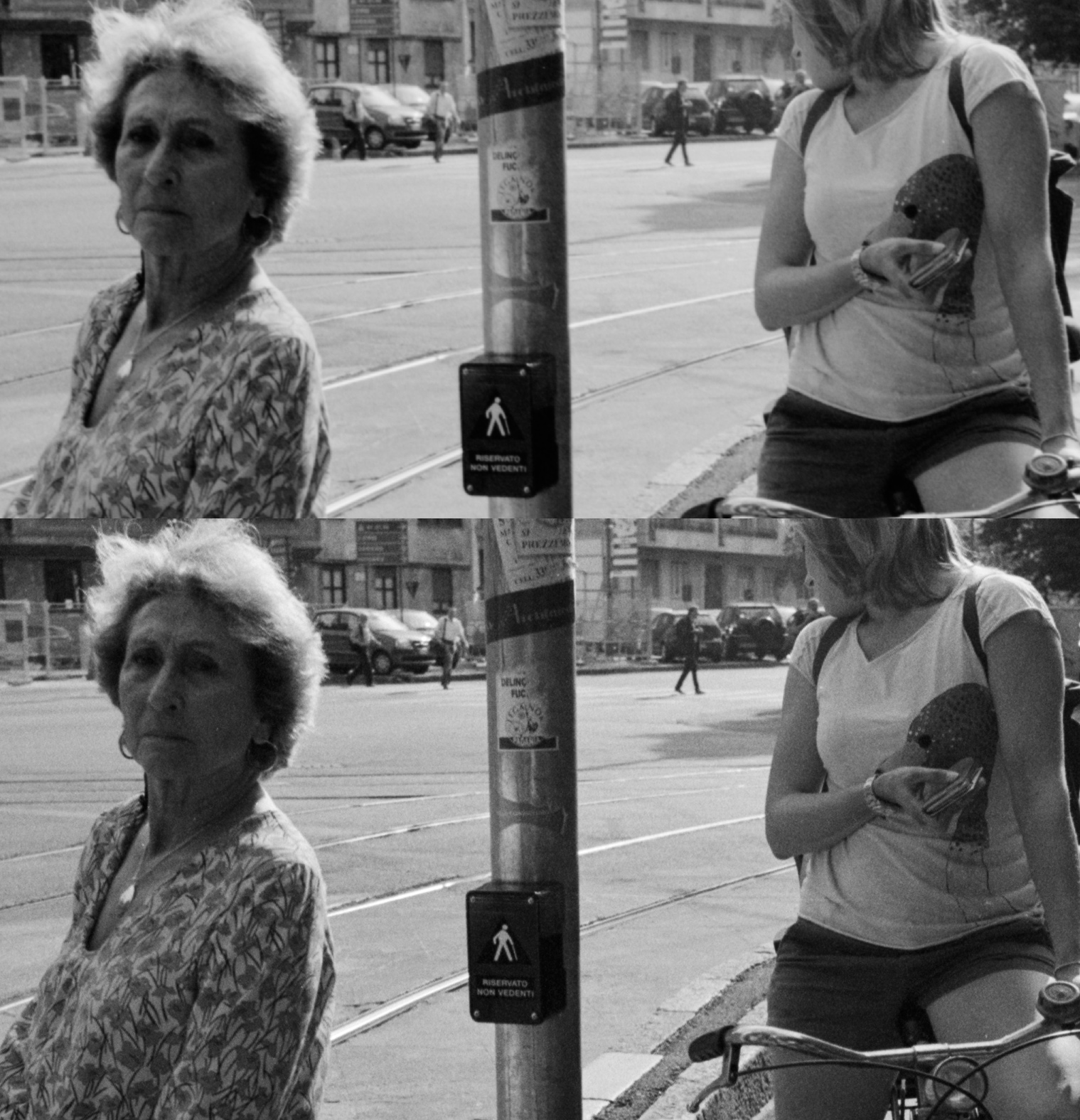- Messages
- 50
- Name
- Carrick
- Edit My Images
- No
Anyone got any good advice on not-ridiculously-expensive film scanners?
I shoot film occasionally, more from a process point-of-view to force myself to slow down and think about things more than I sometimes do when shooting digital. I've sat in alongside a mate who develops his own B&W films, and am looking into either borrowing his kit or buying my own off the back of that, but am wondering how's best to go about scanning things. The technique itself I'll deal with when I come to it, but withe the hundreds of variations on the theme out there I was wondering if anyone could point me at a decent value and not overly complex scanner to start off with.
Cheers!
I shoot film occasionally, more from a process point-of-view to force myself to slow down and think about things more than I sometimes do when shooting digital. I've sat in alongside a mate who develops his own B&W films, and am looking into either borrowing his kit or buying my own off the back of that, but am wondering how's best to go about scanning things. The technique itself I'll deal with when I come to it, but withe the hundreds of variations on the theme out there I was wondering if anyone could point me at a decent value and not overly complex scanner to start off with.
Cheers!



 Yashica 635 - Kodak TMax 400 - A6000 Scan
Yashica 635 - Kodak TMax 400 - A6000 Scan Port Sunlight Hillsborough Memorial
Port Sunlight Hillsborough Memorial

